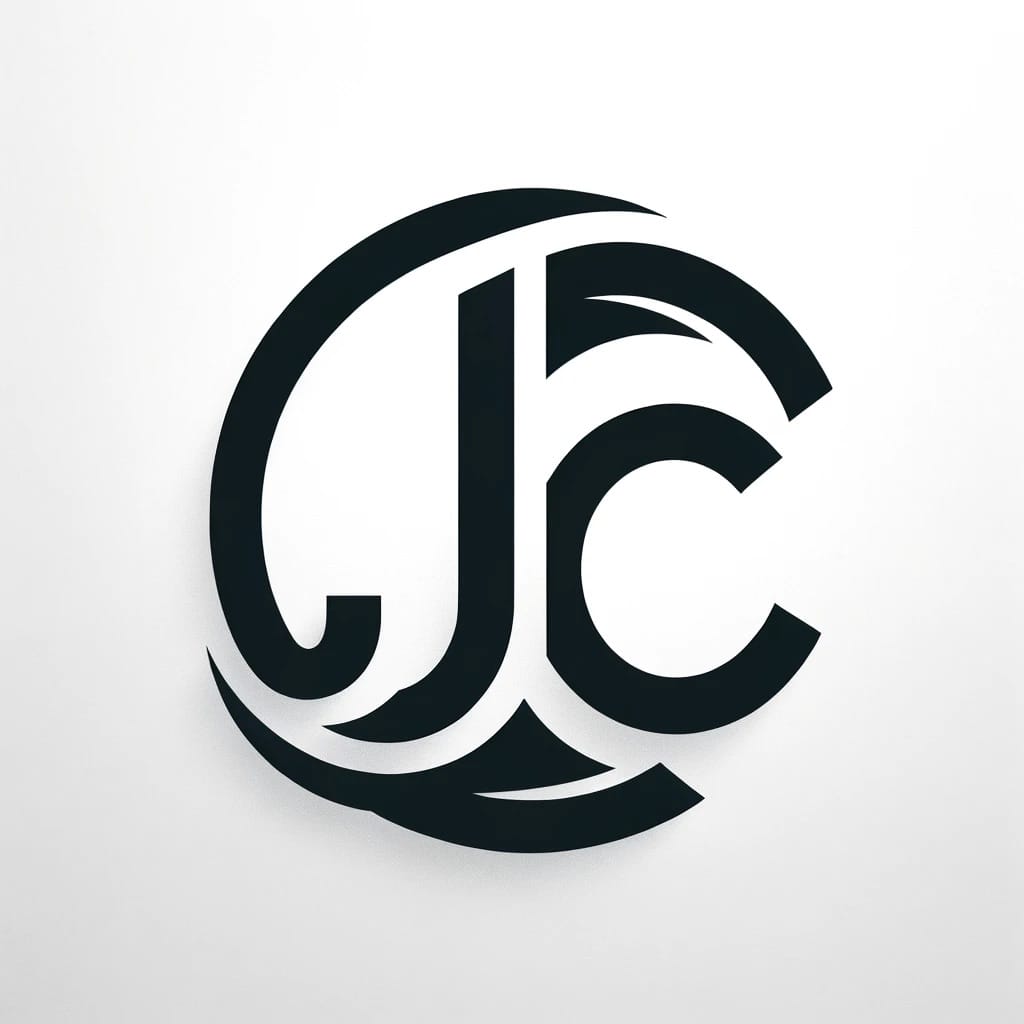3 Leadership Qualities I Had to Develop to be More Effective

Leadership is a critical component of getting projects done and delivering on the promised results.
For a while, I focused too much on my process, my skills, my experiences, and forgot what it took to lead a team. I focused too much on myself and what I could and couldn’t do.
Here’s a breakdown of the core qualities that I needed to reclaim to reclaim my leadership and effectively get my biggest projects moving again.
Quality 1: Discipline
There is nothing that can undermine a leader more than an inability to do what they say they are going to do.
That’s why discipline showed up as a key quality for me as a leader. I don’t mean with others (though that comes later), but with myself. I took a hard look at the processes I had in place and whether I was being disciplined to those processes, or just going through the motions.
I track daily in my phone and iPad the actions that I have determined that I need to take to move my projects forward. For me, that means reviewing the project plan daily, touching base with the team to see what I can do to help them, and writing to clarify the strategy.
I use two apps to help me to keep this discipline (and I’ll admit that they overlap one another but I”m testing which one works best for me. I use the Reminders app on my iPhone because I can set recurring tasks and it’s available across all of my devices. I also use the Streaks app to track how many days in a row I am completing my routine. This is a bit different than the Reminders app because it allows me to see how consistent I am.
Creating a culture of discipline for myself made everything start working like clockwork.
Quality 2: Empathy
Empathy is normally associated with feelings, but for me empathy comes best when I leave emotions aside.
For me, empathy means seeking an understanding of the members of my team. When you work at a top tier consulting firm like I do, you know the nature of the people that you work with is that they don’t want to do a bad job. So when there are failures, I seek to empathize with that person and understand the circumstances that led to the failure.
At the beginning of every project I set down 1-1 with each of my team members to understand their goals and what they want to achieve on the project. It helps me to look for opportunities to push and stretch them into new skills that they may not initially be comfortable with. I believe very strongly in pushing my team into uncomfortable areas, but that needs to be combined with a good dose of support and empathy.
If there is a failure, here are the activities that I always complete. Think of it like a mini after-action report.
- I review my instructions to determine whether I believe they were clear.
- I review with my team the logic of their approach.
- I review what we may have missed in our strategy.
- Then we discuss how we might mitigate that mistake in the future
Putting emotions aside and acting with empathy has allowed me to fix many failures that have occurred once and not multiple times.
Quality 3: Knowledge
I hate people that think they can bullshit their way through a problem.
As a leader, you don’t have to know everything but you do need to bring a certain level of expertise to the table. Otherwise you can’t lead. Your expertise may not be in the specific problem you are solving, but it may be in a skill that allows the problem to be effectively solved. For example, certain projects that I have led have been outside my depth of financial expertise. But the expertise that I brought to the table was strategy, problem solving, and communication with executives.
I spend 15 minutes reading on a new skill or topic every single day. I used to let industry magazines pile on my desk demanding my attention but eventually (after months) throwing them away. I’ve learned to break it down into a smaller, more manageable chunk. So I’ll read an article in my 15 minutes, maybe two. The goal is to move my knowledge forward, not to consume the entirety of an industry magazine.
Your process could be a LinkedIn article, a newsletter you’ve subscribed to, or even a video on YouTube. Just time box it for 5-10 minutes and do it every single day and you will move your knowledge forward tremendously.
In order to lead, you must have knowledge that is accretive to the problem at hand.
These 3 qualities are ones that I have found to be essential in my project leadership.
Which one’s do you believe are essential in yours?
